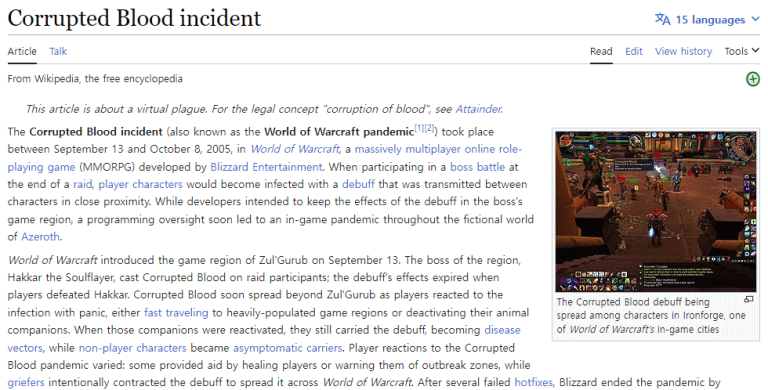It’s only been about 10 months since ChatGPT, one of the first generative AIs, was announced (initial beta release date: November 30, 2022), but the impact it’s had has been immense. Already, we’re seeing use cases and even other generative AIs showing amazing performance and results, and the pace of development is nothing short of revolutionary.

The video game industry is no exception, and we’re seeing all sorts of attempts to use generative AI to improve game production productivity. As a game designer, I’m particularly intrigued by attempts to incorporate generative AI into gameplay. In game design, the gameplay and experience is a controlled world that reflects the clear intentions of the game designer. Even if a game has a lot of freedom and offers a lot of things to try in the in-game world, that freedom cannot go beyond what the game designer has allowed in the game design system, because unintended freedom and systems make the game experience out of control and (because it is out of control) cannot convey the intent of the game designer.

This is why, for example, in an open-world RPG game, NPCs can behave autonomously and interact with the player just as they would in the real world, but it may not make much sense in terms of the game experience. Not only does the AI here need to be carefully set up to match the game designer’s intentions, but it also needs to be verified that it is indeed behaving as intended. However, anyone with even a cursory knowledge of how AI works knows that it is nearly impossible to verify how the AI’s output came to be.
So are all of these projects that are introducing AI into gameplay trying to do the impossible? As I pondered this question, I was reminded of Agatha Christie’s detective novels. Given a limited amount of space and characters, you could have an AI construct the outcome (the culprit) and the surroundings (the various clues to the case), and the AI-controlled NPCs could improvise and role-play their roles in response to the changed in-game settings, allowing the player to have an infinite number of different in-game experiences each session, even over repeated playthroughs.
While I was roughly organizing my ideas (since I wouldn’t have the opportunity to make such a game right away), I came across an article about a Chinese company that tried something similar to the direction I was thinking of at ChinaJoy. ((KOR) [차이나조이 2023] ‘가뭄에 콩나기’ 인디게 부스 기대작 – 디스이즈게임 (2023.08.01.))
